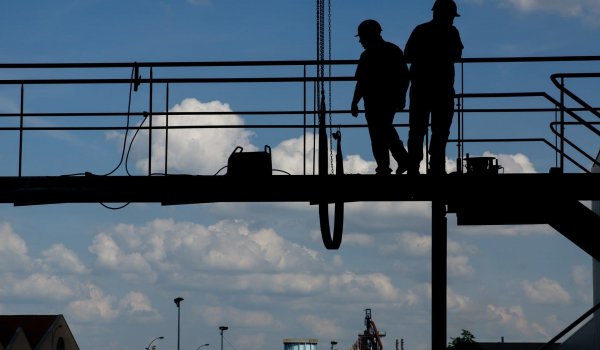In which cases can companies do a temporary ERE?

The Temporary Employment Regulation File (ERTE) is one of the best solutions that can be given to companies in the event of an eventual economic crisis, as is the case in Spain due to the rapid expansion of the Covid 19 coronavirus. we explain everything.
What is a temporary ERE (ERTE)?
The Temporary Employment Regulation Expenditure (ERTE) is a temporary authorization for a company through which you can suspend one or several employment contracts for a certain time. Therefore, through an ERTE, companies will be exempt from paying workers wages.
As our lawyers specializing in labor law tell us, before an ERTE, workers will continue to be linked to the company, but they will not receive any salary from the company, nor will they generate the right to vacation or to pay extraordinary, during the time that the worker remains out of his job
When can the company do a temporary ERE (ERTE)?
Labor law regulates a series of temporary measures that companies can adopt in the event of duly justified causes.
One of the causes that regulates article 47.1 of the Statute of Workers (from now on, ET), is the case that companies are facing business difficulties that make it difficult to continue with economic activity. If this is the case, the employer may suspend the contract or reduce the working hours of its workers temporarily, provided that it proves that there are economic, technical, organizational or production causes.
When is it considered that the company has economic, technical, organizational or production causes to start an ERTE?
Economic causes are considered to exist when a negative economic situation emerges from the company's results, in cases such as the existence of current or anticipated losses, or the persistent decrease in its level of ordinary income or sales. It can also be credited if the economic losses persist for two consecutive quarters.
It is understood that technical causes concur when changes occur in the field of the means or instruments of production; Organizational causes, such as the demand for the products or services that the company intends to place on the market.
And temporary causes of force majeure are understood to be those due to causes such as fires, earthquakes, floods, or any other cause, being unforeseeable or unavoidable situations.
The existence of force majeure must be verified by the labor authority, regardless of the number of workers affected, following a procedure processed under labor law.
What are the differences between an ERE and an ERTE?
The main difference is that while an ERTE or temporary employment regulation file can be applied to any company, regardless of its size, EREs or collective dismissals must be applied to companies that affect a period of ninety days to ten workers in companies with less than 100, 10% of employees of those with between 100 and 300 or 30 in which they have more than 300 people on staff.
Another difference lies in the fact that while through an Employment Regulation File (ERE) or also known as collective dismissal, there are compensations for the suspension of employment, in the case of a Temporary ERE there are no compensation for the worker.
It must be emphasized that companies can only qualify for a Temporary ERE if it is established that the temporary measure of suspension of contract or reduction of working hours is necessary to overcome a situation of a conjunctural nature of the company's activity.
Contact us, and our lawyers specializing in labour law will study your specific case.
At Forcam Abogados we have offices in Barcelona, Madrid and Reus.